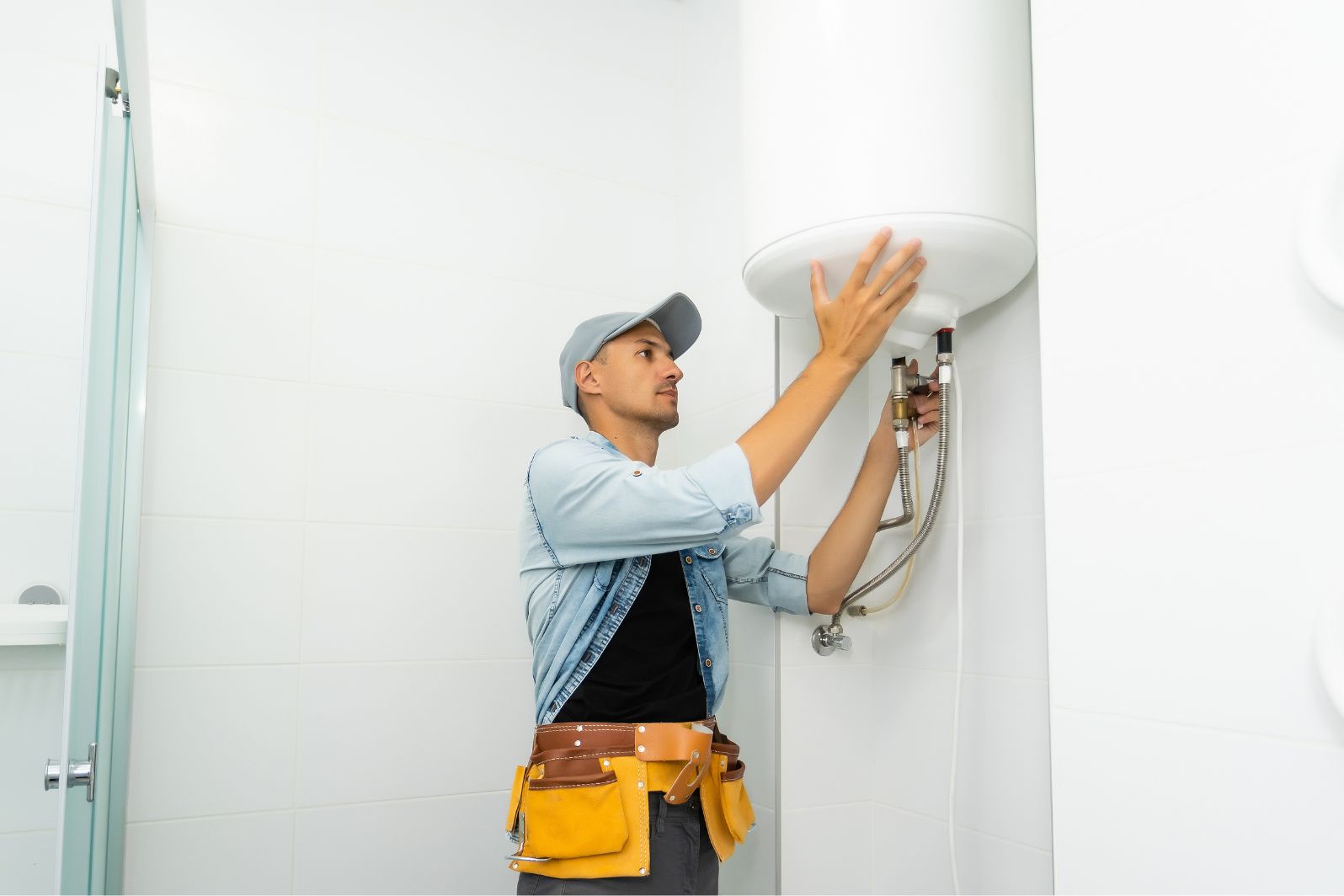Welcome to our comprehensive guide on incorporating smart water systems into your home! With advancements in technology, the integration of intelligent systems has revolutionized the way we manage our homes, and smart water systems are no exception. These innovative solutions offer a host of benefits, from efficient water usage and conservation to enhanced control and convenience and even water heater repair warnings. Whether you’re looking to upgrade your existing plumbing infrastructure or starting from scratch, these tips will provide you with the necessary insights to make informed decisions and create a more sustainable and intelligent water management system.
Advantages of Smart Water Systems:
Smart water systems bring a multitude of advantages to homeowners, offering a range of benefits that go beyond conventional water management. By incorporating intelligent technology into your home’s water infrastructure, you can experience the following advantages:
- Efficient Water Usage: One of the primary benefits of smart water systems is their ability to promote efficient water usage. These systems utilize advanced sensors, meters, and automation to monitor and regulate water flow throughout your home. By providing real-time data on water consumption, you gain insights into your usage patterns, enabling you to identify areas where water is being wasted and make adjustments accordingly.
- Water Conservation: With growing concerns about water scarcity and environmental impact, smart water systems play a crucial role in promoting water conservation. By monitoring water usage and detecting leaks or abnormal consumption patterns, these systems can alert you to potential issues promptly.
- Enhanced Control and Convenience: Smart water systems offer homeowners unparalleled control and convenience over their water usage. Through mobile apps or control panels, you can monitor and manage your water system. Whether it’s adjusting water temperature for your water heater, setting specific flow rates, or even turning off water, these systems provide you with ultimate control and convenience.
- Leak Detection and Prevention: Undetected leaks can lead to substantial water loss, property damage, and increased utility bills. Smart water systems utilize sophisticated leak detection mechanisms, such as pressure sensors and flow monitors, to promptly identify leaks. By receiving real-time alerts, you can take immediate action to prevent further damages and costs.
- Water Quality Monitoring: Ensuring the quality of your household water is essential for the health and well-being of your family. Smart water systems monitor various parameters, such as pH levels, chlorine content, or contaminants. By continuously monitoring water quality, you can be promptly alerted to any potential issues, enabling you to take necessary precautions or implement appropriate filtration systems.
Step-by-Step Process:
Incorporating a smart water system into your home may seem like a complex task, but with the right guidance, it can be a straightforward and rewarding process. Follow these step-by-step instructions to successfully integrate a smart water system:
- Assess Your Water Needs:
Begin by evaluating your household’s water requirements. Consider factors such as the number of residents, water usage patterns, and any specific needs like outdoor irrigation or swimming pools. This assessment will help you determine the appropriate scale and type of smart water system that suits your needs.
- Consult with Professionals:
Seek guidance from plumbing professionals or smart home specialists. Their expertise can provide valuable insights into the technical aspects of integrating a smart water system into your home. They can assess your current plumbing setup, advise on compatibility issues, and help you choose the most suitable system for your specific requirements.
- Plan the Installation:
Create a detailed installation plan before proceeding further. Determine the location of the smart water system components, such as sensors, meters, and control panels. Ensure proper accessibility and consider any wiring or connectivity requirements.
- Purchase and Gather Necessary Equipment:
Based on your research and consultations, purchase the smart water system that best fits your needs. Additionally, gather all the necessary equipment and tools for the installation process.
- Prepare Your Plumbing Infrastructure:
Before installing the smart water system, ensure your plumbing infrastructure is in good condition. Address any existing leaks, repair faulty pipes, or replace worn-out components. This step is crucial for the optimal functioning of your smart water system.
- Install the Smart Water System Components:
Follow the manufacturer’s instructions to install the smart water system components. This may involve mounting sensors, connecting meters and valves, and integrating control panels or smart hubs. Take care to follow proper wiring and connectivity procedures to ensure seamless communication between components.
- Educate Yourself and Family Members:
Familiarize yourself and your family members with the features and operation of the smart water system. Understand how to access real-time data, interpret usage reports, and make adjustments to optimize water consumption. Encourage everyone to actively participate in water-saving practices and leverage the system’s capabilities for a greener lifestyle.
- Regular Maintenance and Monitoring:
Regularly maintain and monitor your smart water system to ensure its continued effectiveness. Follow the manufacturer’s guidelines for maintenance tasks such as cleaning sensors, replacing batteries, or updating software. Periodically check for leaks, abnormal water usage patterns, system alerts that require attention, and be prepared for water heater repair issues.
By following this step-by-step process, you can confidently incorporate a smart water system into your home. Remember to consult professionals when needed, conduct proper planning, and stay informed about the features and maintenance requirements of your chosen system.
Pat Baker is an eco-conscious mother of two who writes for plumbing specialists in the Tucson area.



